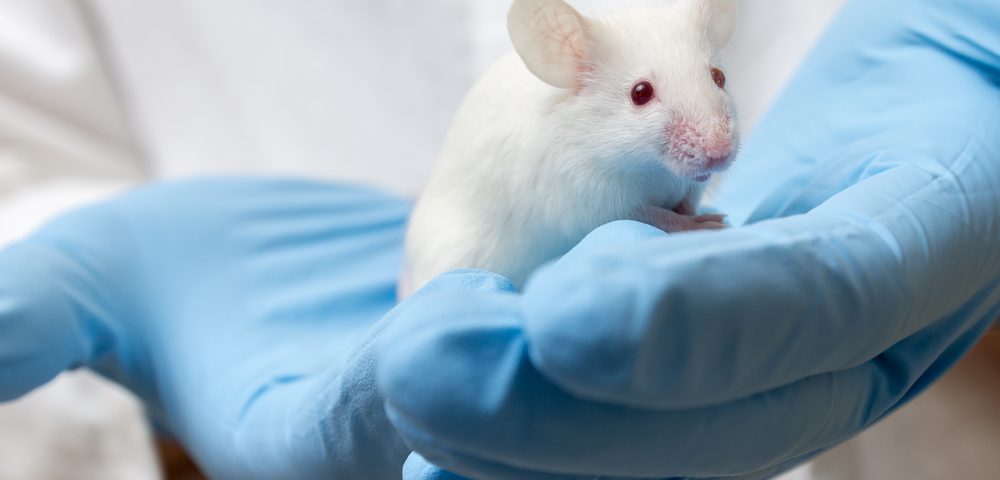A potential new CAR T-cell therapy by Oncternal Therapeutics showed strong activity against leukemia in mice, completely eliminating cancer cells from major “tissue reservoirs” in four weeks and extending survival by at least two months, according to preclinical data.
The CAR T-cells also remained highly active after being injected into the animals, and could be detected in the blood at least three months later without showing signs of exhaustion.
These findings were recently presented in a poster, “Preclinical evaluation of anti-ROR1 CAR T cells employing a ROR1 binding SCFV derived from the clinical stage mab cirmtuzumab,” at the ASCO-SITC Clinical Immuno-Oncology Symposium in Orlando, Florida.
CAR T-cell therapy is a type of immunotherapy in which researchers collect a patient’s T-cells — immune cells with anti-cancer activity — and engineer them to recognize and eliminate cancer cells. This is done by introducing a gene in the cells’ genome that codes for a man-made receptor — called a chimeric antigen receptor, or CAR — which recognizes and targets a specific cancer molecule.
Upon finishing the genetic engineering step, the CAR T-cells are expanded in the lab and then injected into the patient’s blood. Typically, only one injection is needed, as the CAR T-cells are intended to be a long-lived treatment. By deriving the CAR T-cells from the patient, chances are also less likely of an immune system reaction to the re-introduced cells.
Oncternal’s CAR T-cell product is designed to target the ROR1 protein, which is produced during development but not usually found in adult tissues, except in some blood cancers — a characteristic that makes it an attractive therapy target.
The therapeutic potential of the ROR1 protein was identified by researchers at the UC San Diego School of Medicine, who also developed a monoclonal antibody, called cirmtuzumab, targeting this protein.
Cirmtuzumab has been deemed safe in blood cancer trials, leading researchers at UCSC — with support from the California Institute for Regenerative Medicine (CIRM) — to develop a CAR T-cell product that targeted ROR1 in the exact same location.
At the ASCO-SITC presentation, the researchers shared preclinical data demonstrating the effectiveness of the anti-ROR1 CAR T-cells. In the lab, they found the engineered cells were able to specifically locate and attack cells that expressed ROR1.
This led them to test these CAR T-cells in a mouse model of leukemia. Mice given the treatment survived for over 90 days, compared to an average of 21 days in a control group of mice given non-engineered T-cells from the same donor. Another control animal group received no therapy.
In the treated mice, leukemia cells were seen to clear from the bone marrow, kidney, and spleen four weeks after treatment administration. These CAR T-cells also remained with no signs of exhaustion in treated mice 90 or more days later.
“We are encouraged by the preclinical results of this ROR1 CAR-T program and look forward to advancing it to clinical testing, initially for treating patients with hematological cancers, potentially in the fourth quarter of this year,” James Breitmeyer, MD, PhD, the president and CEO of Oncternal, said in a press release.
“It is exciting to see the potent preclinical activity of the ROR1 CAR-T cell therapy and its selectivity in targeting tumors,” added Thomas Kipps, PhD, the lead researcher into ROR1 treatments at UCSD. “Harnessing cirmtuzumab’s specificity for ROR1 expressed on cancer cells has the potential to improve CAR-T efficacy and safety, and address the high unmet medical need for treating patients with aggressive cancers.”
Cirmtuzumab is now being tested in clinical trials in people with advanced breast cancer and those with B-cell lymphoid cancers.


